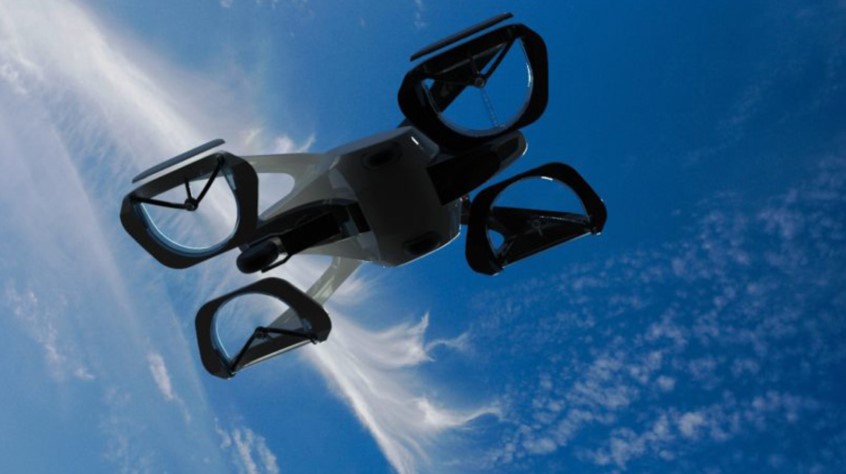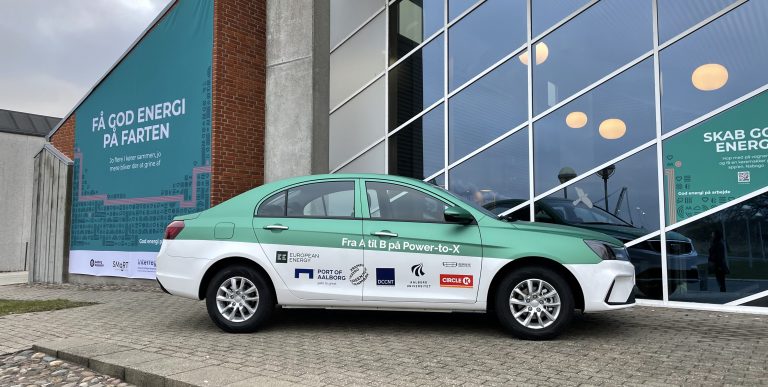Bosch to develop electrolysers for green hydrogen production
13 May 2022

Bosch has announced plans to develop components for electrolysers that will help in the production of green hydrogen. The company is a firm believer in the alternative fuel, seeing it as an effective tool in the fight against climate change.
The company will assign development responsibility to its Mobility Solutions business sector, investing up to €500 million in this venture by the end of the decade. Electrolysers use electrolysis to split water into hydrogen and oxygen. To be sustainable, the energy used to drive this process must come from renewable sources, so the hydrogen produced is not reliant on fossil fuels.
According to the European Union (EU), demand for hydrogen is set to rise to around 10 million metric tonnes a year by 2030. Bosch forecasts that the global market for electrolyser components will increase to a volume of around €14 billion over the same period, with Europe set to see the highest rates of growth.
To help businesses and society reduce dependency on fossil fuels and harness new forms of energy, Bosch intends to invest €3 billion in climate-neutral technology, such as electrification and hydrogen, over the next three years.
‘We cannot afford to delay climate action any longer, so we aim to use Bosch technology to support the rapid expansion of hydrogen production in Europe,’ said Stefan Hartung, chairman of the board of management of Robert Bosch, at the presentation of the company’s annual figures. ‘To do this, we will leverage our know-how in fuel-cell technology,’ added Markus Heyn, member of the board of management of Bosch and chairman of the Mobility Solutions business sector.
Hydrogen demand stacking up
The key component of the electrolyser is the stack, which comprises several hundred individual cells connected in series, much like in the hydrogen fuel-cell itself. In each of these cells, however, electricity is used to split water into hydrogen and oxygen, the reverse of the fuel-cell. In both cases, the chemical reaction is facilitated by means of a proton-exchange membrane (PEM).
Bosch is collaborating with partners to develop a way of combining the electrolyser stack with a control unit, power electronics, and various sensors to create a ‘smart module’. With pilot plants scheduled to commence operation in the coming year, the company plans to supply these smart modules to manufacturers of electrolysis plants and industrial service providers from 2025 onward.
The company will incorporate a number of these compact modules that can be used both in smaller units with capacity of up to 10MW, and in gigawatt-rated onshore and offshore plants. These could be either new-build projects or housed in existing plants for conversion to the production of green hydrogen.
To maximise the efficiency of hydrogen production and extend the service life of the stack, the smart modules are to be connected to the Bosch cloud. At the same time, the use of a modular design for the electrolysers is expected to make maintenance more flexible: any scheduled work will require the shutdown of certain sections of the plant only, instead of the entire facility. Bosch is also working on service concepts that will include the recycling of components to promote a circular economy.
What is green hydrogen?
There are different methods of hydrogen production, each with varying degrees of sustainability. Grey hydrogen is currently the most common form of the fuel and uses natural gas or methane without trapping resultant greenhouse gasses. Meanwhile, blue hydrogen production captures CO2 emissions during production and stores them for use in other areas. Alternatively, green hydrogen uses only renewable energy in its production, meaning no CO2 emissions are produced.
For hydrogen to be a viable option for the automotive market, as well as other industries, it needs to be developed as green hydrogen. If not, the production of the fuel would increase industry emissions, rather than reduce them. At a time when carmakers are looking to lower their environmental impact, this would be an unsustainable move.
Bosch is working on both stationary and mobile hydrogen fuel cells. One intended use for the former is a small, on-site power plants for cities, data centres, retail locations, business parks, and charging spots for electric vehicles. Bosch plans to use mobile fuel cells to facilitate the climate-neutral shipping of goods and commodities, initially by truck. Production of these cells is expected to start later this year.



